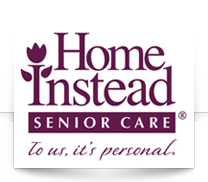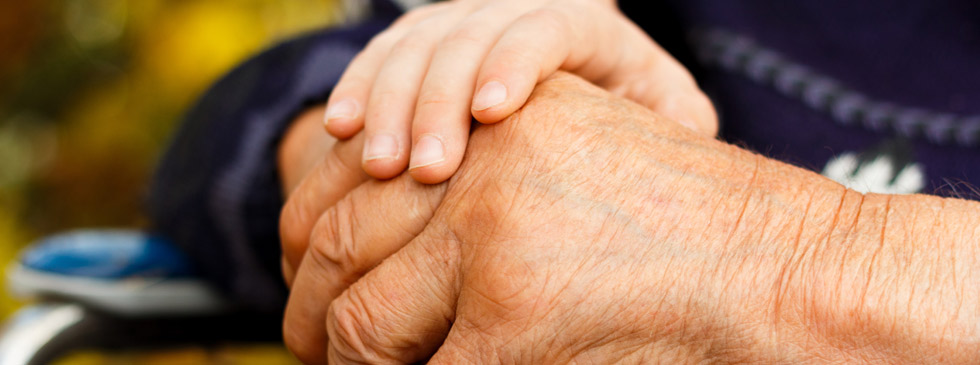The 40-70 Rule: Conversation Starters (Part 3)
Sibling Communication
After finding many of the light bulbs burned out in your 86-year-old parents’ house, you believe that they’re beginning to need more assistance. As the oldest of five children in the family, how do you approach your siblings? What other resources can you tap into?
Siblings can be a good reality check. You might say to a brother or sister, “I think that Mom and Dad may be having problems changing their light bulbs. Have you noticed anything?” But it’s important not to get involved in a group-think cycle where the siblings all start seeing problems and building grand disaster scenarios.
If a parent needs a little more help around the house, that shouldn’t result in siblings picking out a nursing home and putting their parents’ house on the market. Perhaps all the parents need is a little extra assistance. Go to your Home Instead Senior Care office or Area Agency on Aging for resources that can help. A geriatric care manager also can be of benefit.
Research: Nearly three-fourths of respondents said it would be helpful to involve siblings in talking with parents, while nearly half said seeking counsel from a senior-care professional would be useful
Mom’s Not Safe at Home
Lately when you’ve been visiting your widowed 83-year-old mother, your notice bruises on her arms and legs. She said she’s just clumsy, but you suspect she’s been falling. You know she’s too independent to ask for help. How do you find out?
Bruising is a complicated issue. On one hand, bruising occurs more easily in older people; sometimes (especially with certain medications) bruising can occur without any injury, fall or impact of any kind. So depending on your relationship with your mom you may be able to believe her if she says that she’s not falling. On the other hand – and at the other extreme – repeated bruising might indicate either falling or some other form of physical trauma (e.g., physical abuse of some kind, perhaps). Of course, these two considerations lead to completely different solutions.
In the first case, there’s no cause for concern. However, if the bruising is significant she might want to consider medication adjustments. Ask her to consult her doctor. In the second case, intervention is clearly needed. It’s another case where considering the entire context is important. Has the increase in bruising occurred at the same time as some other change in her life? For instance, noticing significant bruising soon after your mom started working with a new home health care assistant, or after she moved into an assisted living environment, would be a red flag. Similarly, seeing bruising after she’s started on some new medication also might be a reason to attend carefully to the issue (e.g., certain medications might cause disorientation that leads to falls).
Why not start the conversation like this: “Mom, that’s a nasty-looking bruise! Where did you get that?” And then probe with another question if she gives a generic response such as “I’m just clumsy.” For instance: “Sure Mom, this whole family is clumsy, but we aren’t all walking around with big bruises on our arms and legs. So how did it happen?”
Research: Health was among other difficult topics for Baby Boomers to broach with their senior loved ones.

